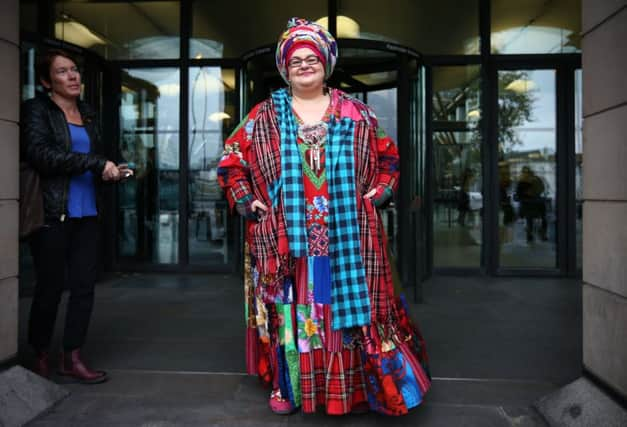Gavin McEwan: Charity trustees have a duty of care


Encouraging charity trustees to pursue higher standards of good governance has become a perennial theme for the charity regulators. A spate of recent cases where there were shortcomings in governance standards suggests that some charities have not fully embraced the regulators’ message. But it would be a mistake to think that the charity sector as a whole does not strive for best practice. The number of regulatory inquiries investigated by the Charity Commission for England and Wales and the Office of the Scottish Charity Regulator (OSCR) is tiny in comparison to the number of registered charities in the UK.
Recent coverage of the failure of Kids Company shows just how serious the impact can be of shortcomings in financial and governance controls. The regulatory lessons which we may eventually glean from the failure of Kids Company are unlikely to create many surprises: the charity sector has been here before.
Advertisement
Hide AdAdvertisement
Hide AdThe early reports into the failure of One Plus: One Parent Families, in Scotland, and the Heyday Project run by Age Concern England are guides to some fundamental steps which every charity board should strive to embrace. Although they are now around eight years old, they should be considered important reading for charity trustees.
The lessons which came out of those reports are in some cases so basic that the reports seem to be stating the obvious, but the obvious must be being missed in some cases if those lessons are still not being learnt or adhered to. It is certainly worth charity trustees reminding themselves of the lessons which came out of those two reports. At the very least, charity trustees should take away the key pointers and tips from the reports, including:
Charity trustees should ensure that collectively they have the right mix of skills and experience for the type and scale of the charity for which they are ultimately responsible.
Trustees must develop an appropriate risk management strategy which identifies possible risks to the charity and they must establish systems or procedures to minimise those risks where that is reasonably practicable.
Charity trustees must ensure heir charity seeks external independent professional advice where it faces problems or where it does not have the required in-house expertise to deal with a particular matter.
A report by OSCR in 2013 into concerns around the Rangers Charity Foundation provides an overview of the difficulty which can arise when dealing with inherent conflicts of interest. In that case, only one of three charity trustees carrying the burden of control and management of the Foundation was found to have acted in good faith and in a way which she honestly felt was in the best interests of the charity.
Despite any other failings, the fact that there was a genuine belief in promoting the charity’s best interests probably carried the Foundation through its OSCR inquiry to a reasonably satisfactory conclusion. But the negative PR from adverse media coverage was not the best that a charity might hope for.
The most recent high profile reporting in Scotland was in relation to the KiltWalk. The success of KiltWalk meant that the number of sponsored walks grew considerably after just a few years of operation. This fact brought with it additional costs for the board, e.g. staff were needed to service the increased level of activity. The practical effect in at least one year’s accounts was that the charity distributed in grants only around 50 per cent of the funds which it had generated as charitable income. Concerns from supporters and the wider public about grant-making levels had grown from a few social media grumbles until the point when the story broke in the national press.
Advertisement
Hide AdAdvertisement
Hide AdThe result of the OSCR inquiry was that no technical breaches of charity law or of fundraising practice were identified, but the damage from the negative press reporting was serious. The only fault which the charity might have engaged in ultimately was not presenting in a clear enough way how it was going about its work – there was a perception that the charity’s affairs were not sufficiently transparent.
Charity trustees also need to consider at all times the potential impact of their actions: if a decision could result in negative PR, even when that decision is taken for the right reasons, trustees need to have considered that fact and be prepared for media fall-out, even if some of it might be unjustified. The underlying requirement is a secure grounding in financial and governance controls to help charities face PR and other more formal regulatory challenges.
• Gavin McEwan is a charity partner at Turcan Connell and is an accredited specialist in charity law, www.turcanconnell.com